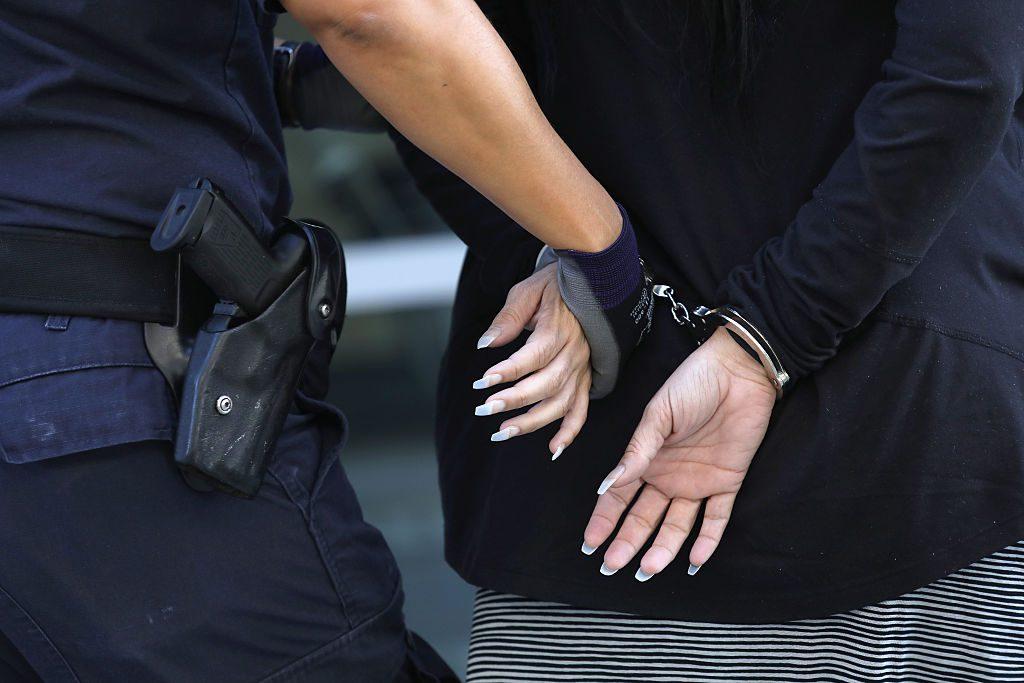After President Joe Biden on Oct. 6 announced his decision to pardon every person who was convicted of possessing marijuana on a federal level or in the District of Columbia, some lawmakers are applauding the move while some experts are more skeptical.
“There are thousands of people who were previously convicted of simple possession who may be denied employment, housing, or educational opportunities as a result. My pardon will remove this burden,” Biden said in a statement about the pardon.





